Bachelor of Science in Coastal Meteorology
Welcome to Coastal Meteorology
Students in Coastal Meteorology learn the fundamentals of atmospheric science and earth systems interactions, then deepen their knowledge with the program's unique coastal focus. Outside of the classroom, Coastal Meteorology students have many opportunities to work and research alongside scientists studying everything from hurricanes and tropical storms, to extreme heat and even land loss.
Graduates leave us well-prepared for careers in atmospheric science and meteorology, in Louisiana and around the world!
What you'll learn
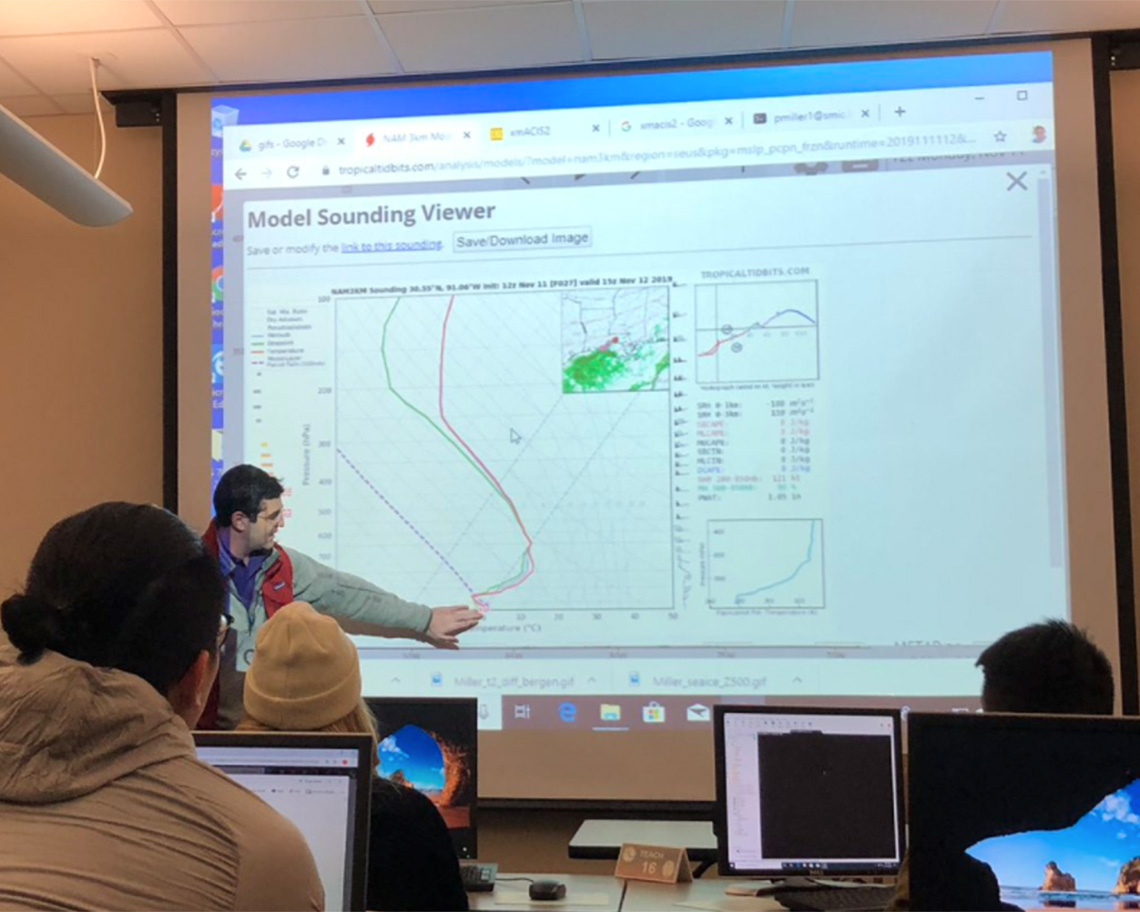
The BS in Coastal Meteorology ensures graduates are well-qualified for a career in the public or private sector.
LSU’s Coastal Meteorology program adheres to the OPM -1340 hiring standards, which were created by the United States Office of Personnel Management. Meeting these standards ensures our students are eligible for meteorologist positions within the federal government, and demonstrates their abilities to private sector employers.
Build Professional Skills
Weather in Louisiana has a significant impact – on communities, on industry, and on the geography of the coast itself. Students in the Coastal Meteorology program have ample opportunities for hands-on work experience, in both research and professional settings.
RESEARCH
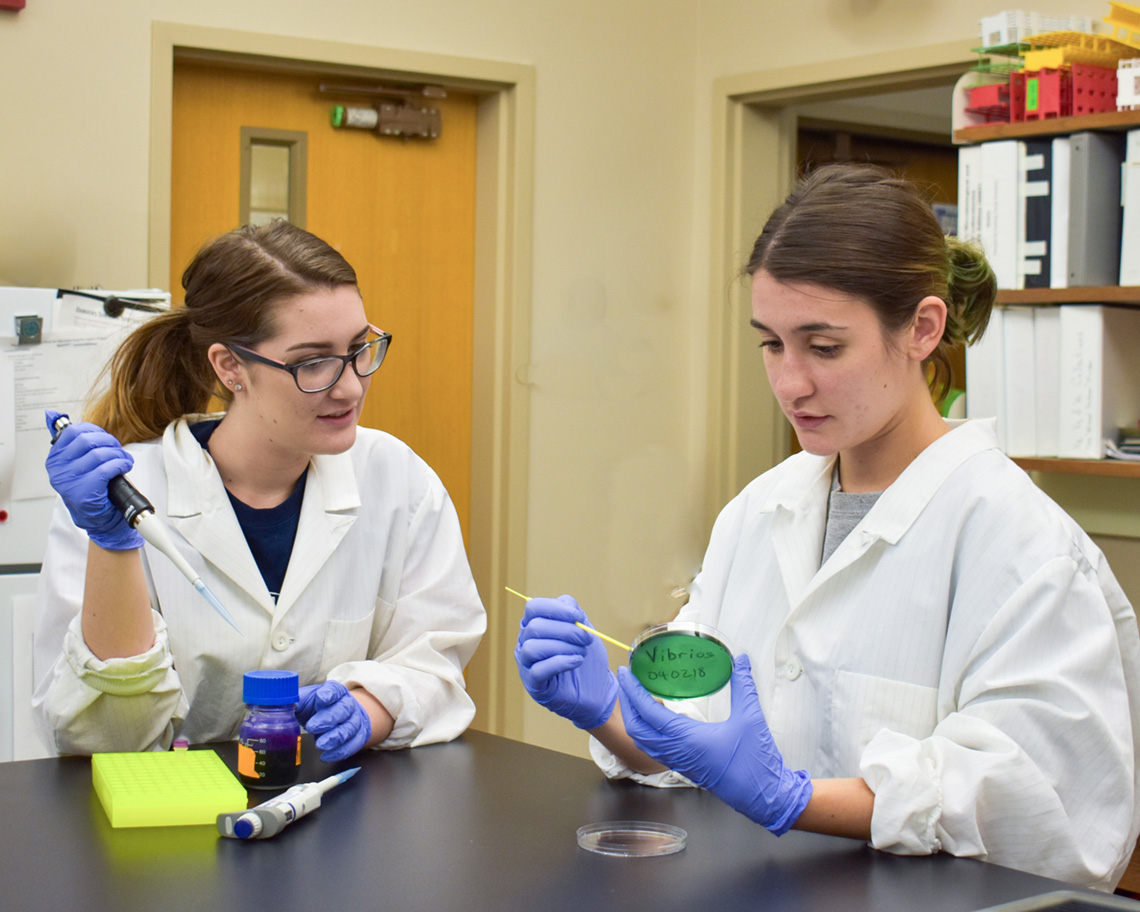
Coastal Meteorology students have the opportunity to participate in faculty and graduate student-led research on hurricanes, flooding, droughts, weather-impacted coastal erosion, air pollution, and many other topics.
INTERNSHIPS
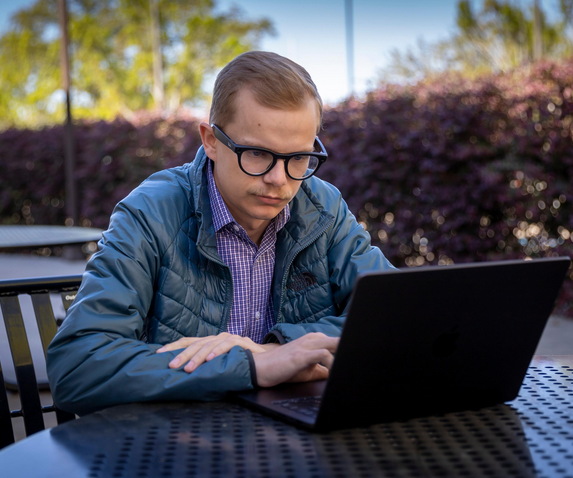
Coastal Meteorology students can gain professional experience through internships with one of our many partners, such as the LSU AgCenter, local television stations, the Louisiana Office of State Climatology, and others.
Coastal Meteorology graduates are able to put their skills and knowledge to use in a variety of professional settings.
- Broadcast networks
- Private sector, including: shipping, airlines, utilities, and energy industries
- U.S. government such as NOAA and the National Weather Service
- Military
- Environmental consulting
- Air quality monitoring
- Academia
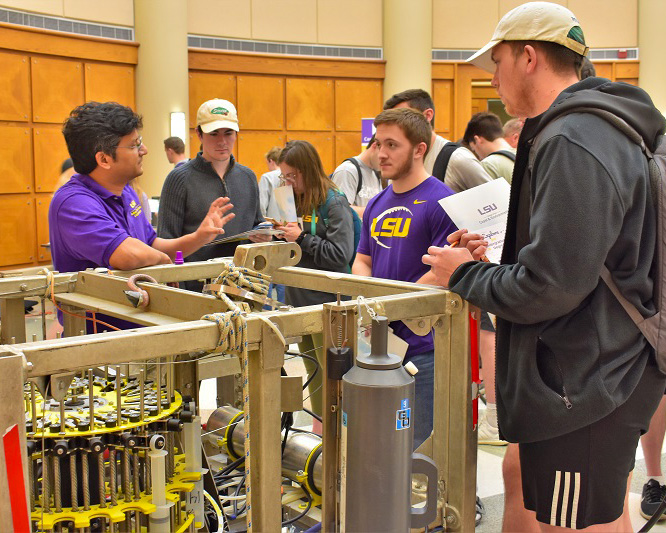
CC&E Lagniappe
In Louisiana, lagniappe means something extra. In the College of the Coast & Environment, we have lagniappe to spare! In addition to the all the resources LSU has to offer, as a student in CC&E, you'll have access to:
- Continuous mentoring throughout the undergraduate experience
- Tutoring
- One-on-one advising
- Small class sizes
- Resource fair
- Undergraduate study room
Advising
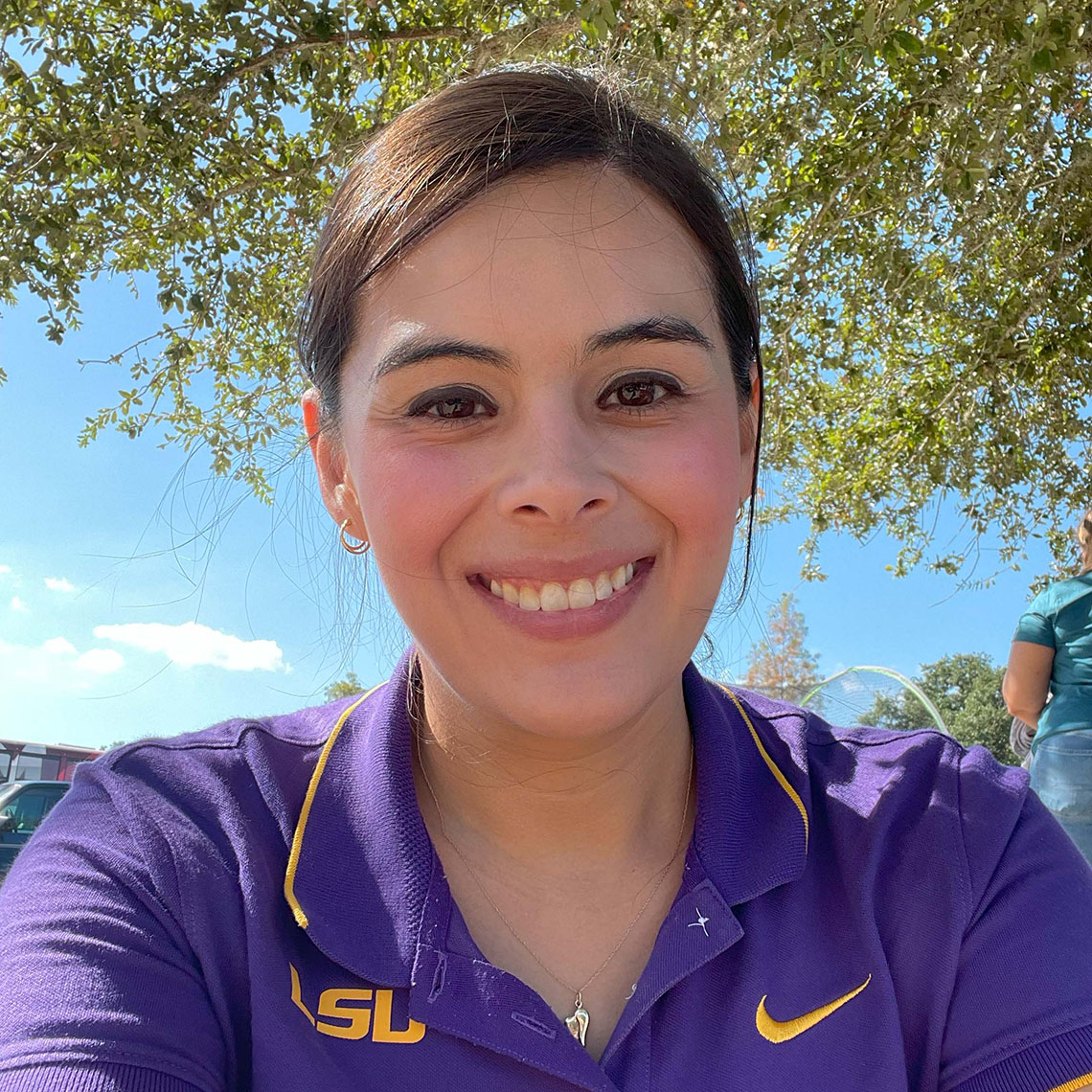
Sabrina Cervantez
Coastal Meteorology Undergraduate Advisor
scerva2@lsu.edu
225-578-2464
Appointments can be made through Navigate
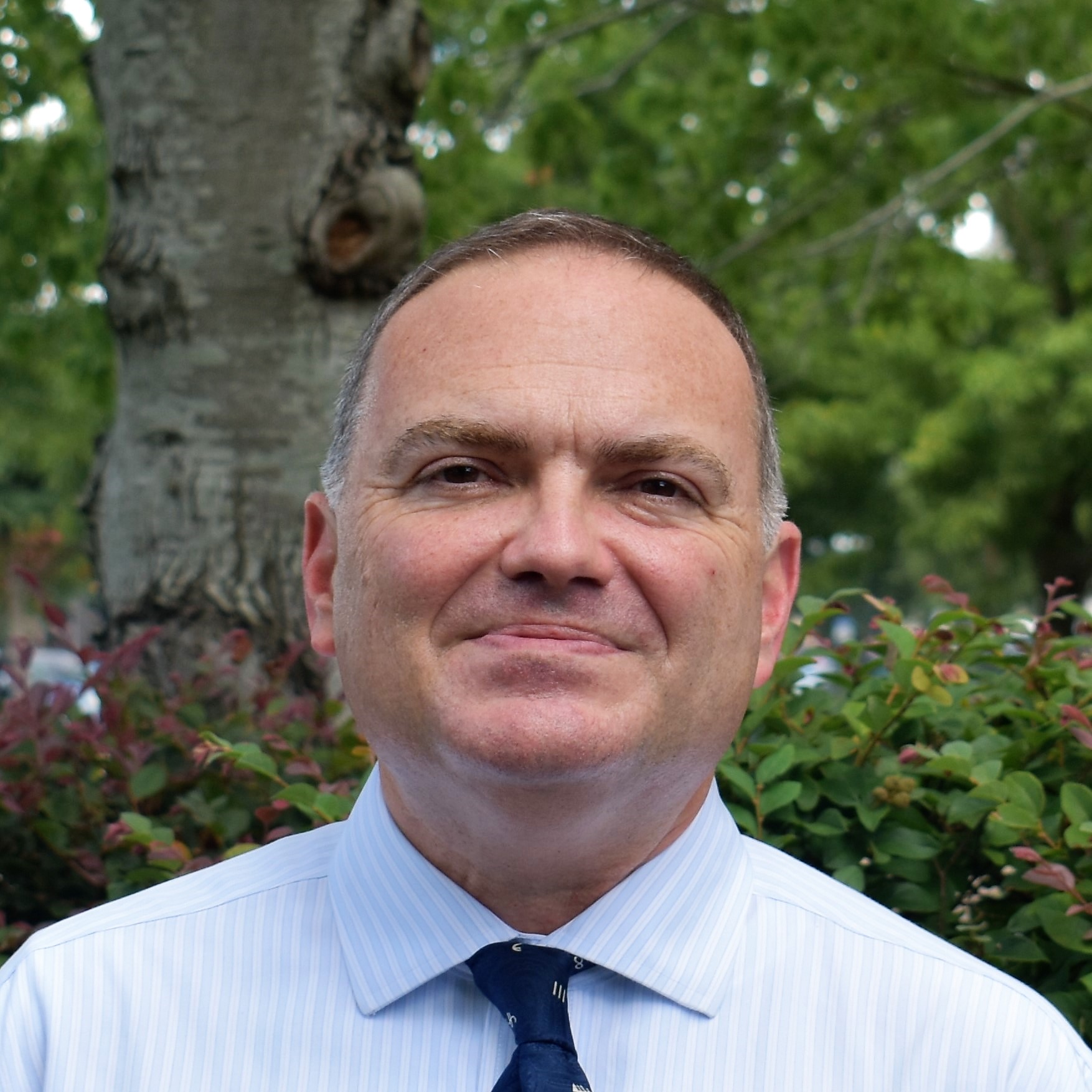
Robert Rohli
Coastal Meteorology Program Director
rohli@lsu.edu